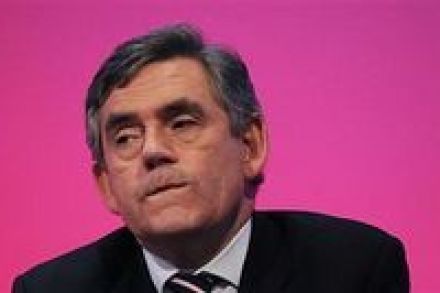The European issue gets the Tory conference underway
The Conservative conference is just hours old, but already Cameron faces a battle to hold the line over Europe and the Lisbon treaty. He produced his standard response on the Andrew Marr show: that he wanted a referendum if the Czechs refuse to ratify the treaty. And he added: “I don’t want say anything or do anything that would undermine what was being decided and debated in other countries”. Meanwhile, rent-a-quote Europhiles and Eurosceptic Tories exchange blows in Manchester. Leon Brittan described a possible referendum on the Lisbon Treaty as “ludicrous” and Dan Hannan has just told Sky News: “This is not the Conservative party of the past. This is













